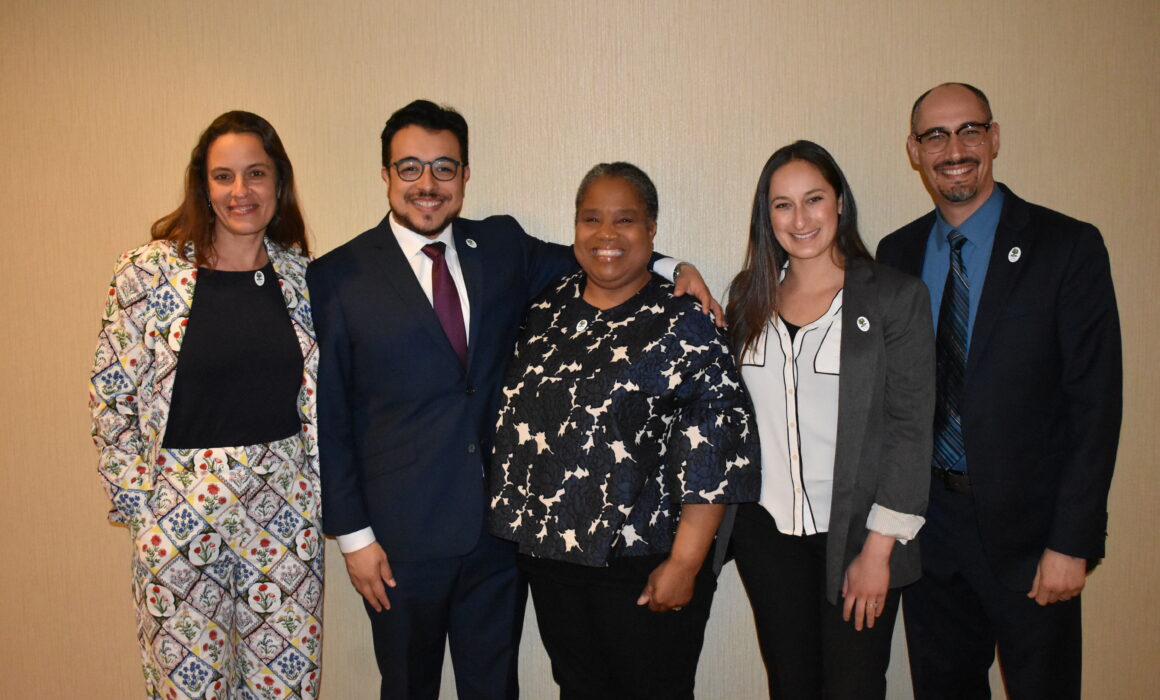
AS EDUCATORS AND STUDENTS across California head back to classrooms for the new school year, there is a feeling of limitless potential (even if summer was too short). We checked in with the five 2023 California Teachers of the Year to get their thoughts as the new school year begins and advice for fellow educators looking to kick off the year right.
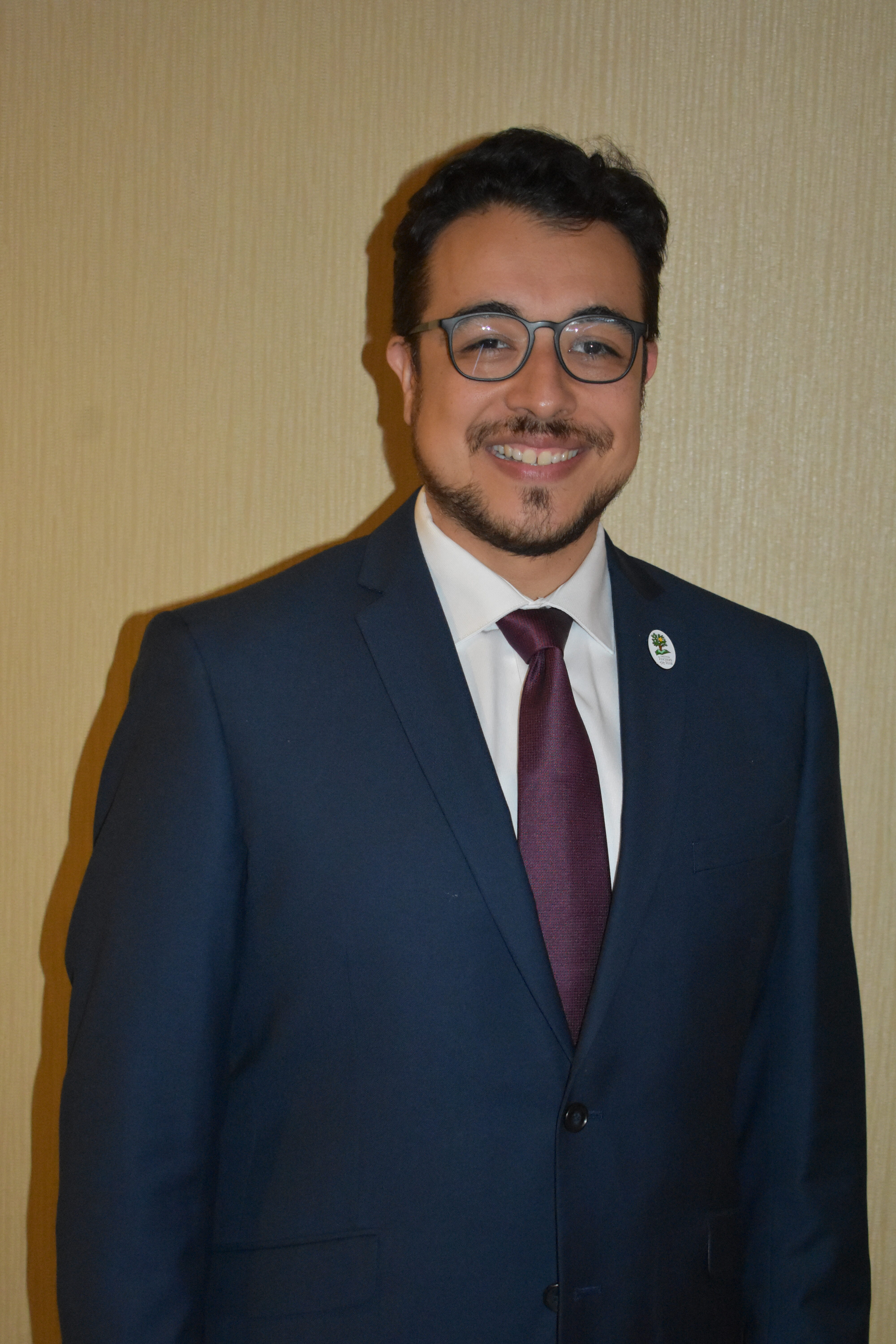
Jason Torres-Rangel, AP ENGLISH TEACHER
What does it mean to you to be an educator?
Being an educator means the world, it means everything. You get to help prepare the next generation of participants in our democracy, you get to help students become the best version of themselves, you get to help create a humanizing experience for your students, and you get to let them change and alter you. That all carries with it great honor, responsibility and privilege that I think few professions in this world can come close to.
Advice about making connections with students?
Do what feels right in your heart, be authentic to who you are, lead with love and make space for play and games and humor. Sometimes it’s right to ditch the content lesson you had planned and go outside and engage in some fun community-building activities. And no student is too old for play and games and fun — even high schoolers love activities designed for elementary students. Especially after Covid, all students are still just craving the basic things: friendship, camaraderie, connection, safety, trust and love. Start there, the rest will follow.
What do you wish someone had told you when you were a new educator?
I wish someone had told me to slow down, be gentle with myself and allow myself to make mistakes. Father Greg Boyle, founder of Homeboy Industries, came and spoke to our faculty, and he reminded us of a few things if I can paraphrase him here:
• If you go to the margins to make a difference by fixing or saving someone, it’s about you, and you will burn out, but if you go there to have the folks make you different, then it’s eternally replenishing.
• If we don’t welcome our own wounds then we may be prone to despising others for theirs. The measure of our compassion lies in our ability to see and welcome our own wounds.
• All behavior is a language. The task is to find out what language the students’ behavior is speaking. For students who might be acting out or withdrawing — don’t take it personally. It’s the language of despair and trauma and damage and abuse and abandonment. And once you know what language they’re speaking, you’re not tripped up by the behavior.
What is the biggest challenge as an educator, and what is your approach/solution to overcoming it?
The biggest challenge as an educator right now is living in systems that can sometimes be asking teachers to do more with less — so it’s more important than ever for teachers to stay connected with and be active in their union. Unions are taking up grassroots social justice orientations to work on issues that address the real underlying complex issues that manifest in our classrooms — class size, wraparound services for students and families, mental health services, student-to-counselor ratios, green spaces, less testing and more teaching, and more.
What would you say to fellow educators as they embark on another school year?
You got this! I’m so inspired by you, and so moved by the passion and power you bring to the job every day. Stay connected, reach out and make time for fun and games and silliness. And as Father Boyle says, “don’t show up to the job to change and rescue others, let others change and rescue you.”
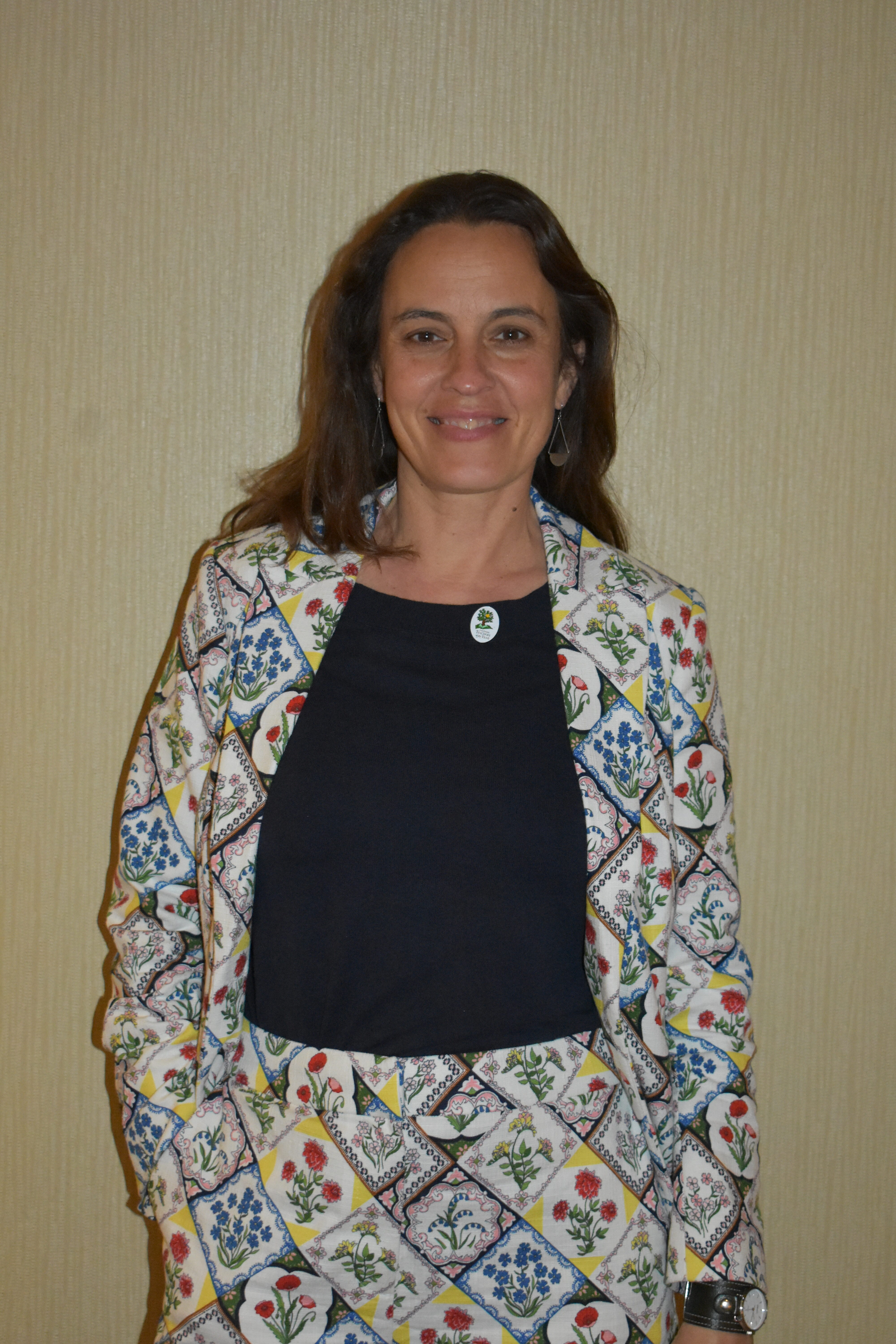
Catherine Borek, AP ENGLISH LITERATURE AND DRAMA TEACHER
What does it mean to you to be an educator?
I’m infatuated with knowledge and wisdom. I’ve had a crush on them forever, and it made me want to be an educator. The first crush is knowledge, because you get to gather all sorts of facts and stories and ideas and histories and equations —and then you get to think. Just think. And ask questions. And
wonder. Then wisdom comes up and says, “Now, how are you going to use all that knowledge? Are you going to help others? Are you going to solve problems? Are you going to make the world a little better than you found it?” To teach is to offer students a chance to discover knowledge so that they can then find their wisdom. I hope they get their knowledge and wisdom crushes too, because the lifelong learner makes our world a happier, more hopeful place.
Advice about making connections with students?
1. Ditch the computers.
2. Incorporate movement and play into your learning.
3. Find excuses to go outside.
4. Talk less. Encourage students to talk more.
5. Keep showing up.
What is the biggest challenge as an educator, and what is your approach/solution to overcoming it?
I believe that the greatest justice in our society is found in providing an excellent education to the students who need it most. The challenge here is twofold: 1) how do we engage students who feel trapped at school, and 2) how do we keep high-quality teachers at struggling schools? Let’s redesign schools so they don’t feel like a factory. We want students to have autonomy and freedom to follow their curiosity. We want teachers who can be bold and creative. This doesn’t happen on an assembly line. If we create spaces where people can tap into their human potential, then I think we begin to solve the equity gap.
What would you say to fellow educators as they embark on another school year?
The more educators I meet, the more I realize how much we need each other. At Dominguez High School, I am part of a team of teachers who have skills and talents I will never have. We complement each other and help each other thrive. Powerful teaching is a team sport.
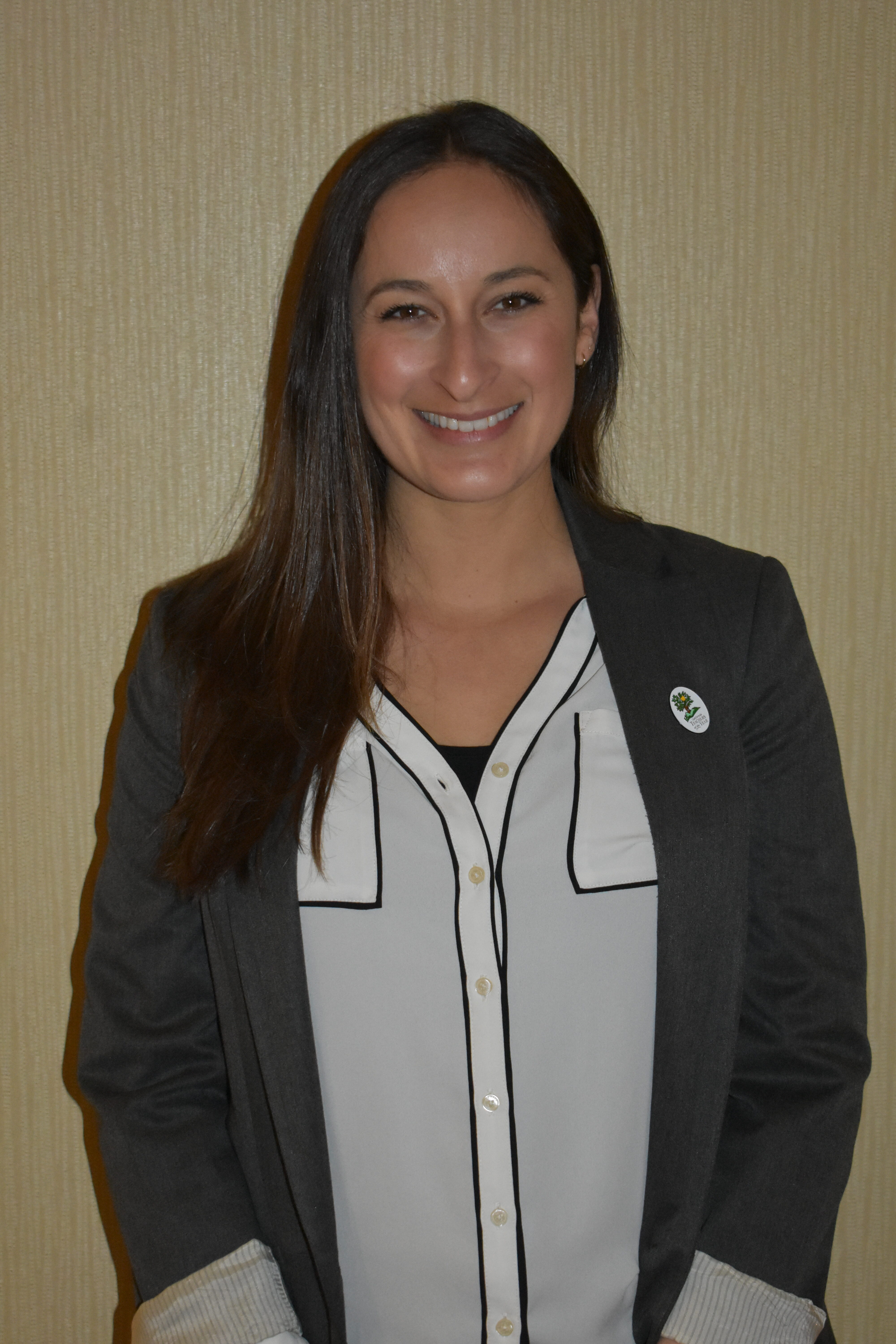
Lauren Camarillo, HIGH SCHOOL SPANISH TEACHER
Advice about making connections with students?
I am a strong believer that what you invest in the first few weeks of school in community-building and norm-setting, you will gain back throughout the year with committed, excited students. I have heard many times “You don’t start
actually teaching until Week 3 or 4?” Teaching is not just covering curriculum. We need our students to know us, know each other and learn how the room functions with respect and collaboration before they have the right mindset to learn content. A tip for the first weeks of school: Have students do mini-presentations about themselves, so you can get a glimpse into their identities and they can find commonalities with each other. I have students make avatars of themselves or hands that we put on the wall to show our connections.
What do you wish someone had told you when you were a new educator?
It’s not about you. Try viewing your teaching through the eyes of your students, taking into account their daily struggles and successes. Teaching is about students’ safety in their identity, and then, much later, their connection to your curriculum. Planning a cool, fun lesson is great, but it’s a tiny piece of the puzzle.
What is the biggest challenge as an educator, and what is your approach/solution to overcoming it?
It’s challenging to reach all my 150 students. I remind myself that every interaction matters, even a greeting at the door before class starts, or a message to families about how great the student has been doing in class. I may not get to connect closely with all my students, but I can make a conscious effort to learn about their lives and recognize their strengths. Another challenge is maintaining hope in a challenging profession. Teaching can be isolating, but we have an enormous responsibility to our young people to instill hope and optimism in them, so we need to do everything in our power to let our passion and care extend to them. Whether this means connecting with a colleague from another department, or taking time to do things we love outside of school that refuel us, we must make sure we’re bringing our best selves to our students daily.
What would you say to fellow educators as they embark on another school year?
As I have my students chant in class to encourage each other, “¡Sí, se puede!” In the words of the incredible labor leader and activist Dolores Huerta, the goals we have as educators, both within our classrooms and in the whole educational system, are possible. Just as we want to encourage students to use their voice, we as teachers should use ours to make positive change. Teaching is the most challenging, gratifying, uplifting, emotional, inspiring profession there is, and we are so fortunate to get to play a role in our students’ futures. Lean on your colleagues, friends and families when you need to so that you can bring your best teacher self forward daily! ¡Sí, se puede!
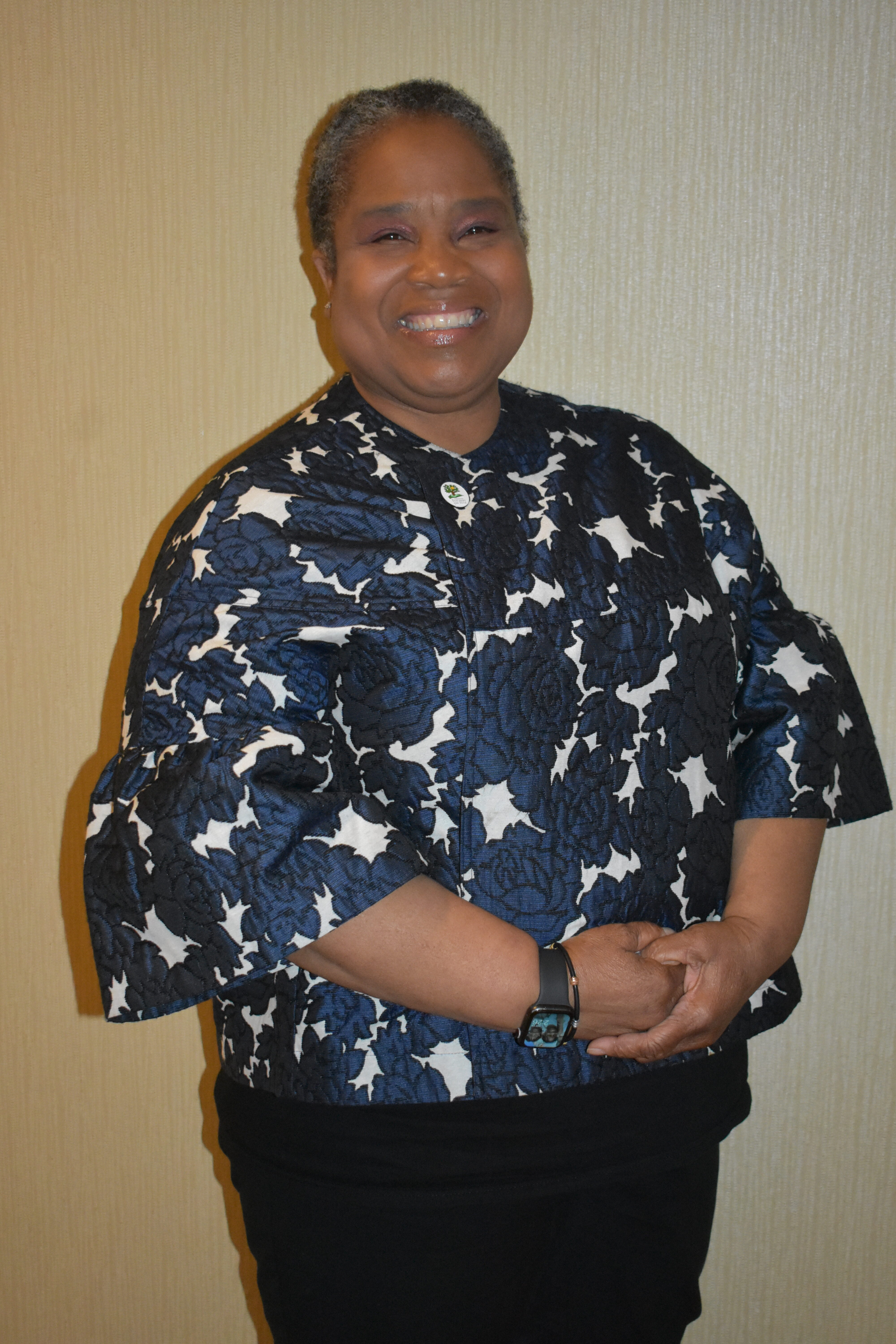
Bridgette Donald-Blue, FOURTH GRADE TEACHER
What does it mean to you to be an educator?
To be an educator is to be a part of the community, the village that helps a child reach his or her unique potential. Teaching a child how to read or do math or support them in learning to think and solve problems, and igniting their natural gifts to be successful is the joy of being an educator. To be an educator is to have a unique opportunity to be a part of the future. Very few professions can have direct impact on the future, but teachers do. We teach everyone. No matter what you do in life, everyone has been taught, impacted and inspired by a teacher.
Advice about making connections with students?
The beginning of the year is a time of wonder and new. You get a new class, new parents and a chance to build on your class community. I always spend time observing and talking to my students during lunch or recess. I also have them complete a ‘getting to know you’ worksheet to build community in the classroom. I call each family during the first two weeks of school. I want that first contact to be positive. I also invite parents to connect with me on Class Dojo so I can establish communication. Lastly, I have my students begin journal writing. I use a series of journal prompts and spend time with the students to get to know them. When students talk about what they like or share their stories you get to know them.
What do you wish someone had told you when you were a new educator?
I wish someone had told me to be patient with myself. I felt
like I had to do everything perfectly. I took very seriously that
I was someone’s teacher. I thought about all the great and not so great teachers I had, and I wanted to get it right. Be patient and as long as your heart stays pure and you treat the students with respect and love, you will find your way. There is no need to stress trying to be perfect. What is the biggest challenge as an educator, and what is your approach/solution to overcoming it? I think the biggest challenge is class management. As a new teacher, I found it challenging to manage the needs of 30-plus first graders. Then, I got to know my students and families. I listened to and observed the students. I sought information and help from the parents. I invited those parents into the classroom and built a partnership. I eventually learned that not every student needed the exact same thing, and I used this knowledge of students to design class activities and lessons.
What would you say to fellow educators as they embark on another school year?
Welcome to a brand-new year — a chance to make a very positive impact on students. The students are ready to be inspired by you and your teaching. Some students will need you more to be a support and strength in their community because school is their safe space. Some students will be new to the school and need you even more. The students are ready for new school journeys and new school friends and the new year. The students are ready for you.
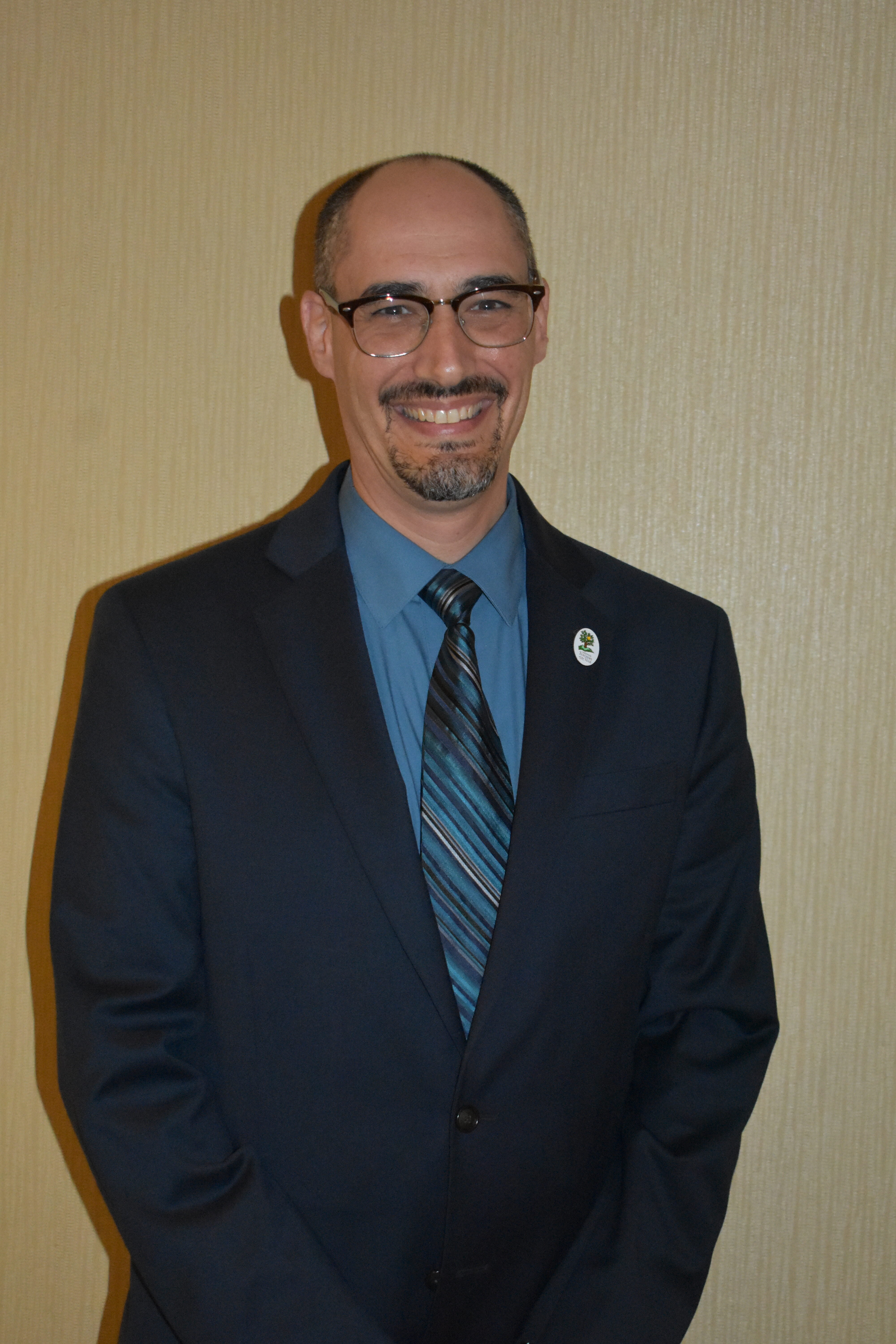
Ben Case, MUSIC THEORY & INSTRUMENTAL MUSIC TEACHER
What does it mean to you to be an educator?
When it comes to being an educator, my mantra is, “I don’t teach music, I teach students.” This is not to say the content we teach isn’t important, but it is instead a vehicle to reach, support and inspire students. It’s one thing to give a great performance, but it’s another thing to work collaboratively towards building a diverse classroom community that celebrates all voices in the ensemble. Students connect with and understand themselves and each other through their shared experiences, and I am thrilled to be able to help facilitate these as an educator.
Advice about making connections with students?
Taking the time to build the rapport and community early in the year pays dividends when the material gets challenging as things progress. How can we build this rapport? We can take the time to get to know the students’ interests beyond the classroom, to understand what motivates them and why they signed up for the course to begin with. We can also be transparent and model vulnerability, taking time to share some of our own interests, passions and pursuits.
What do you wish someone had told you when you were a new educator?
I’m sure I was told this: I wish I truly understood that it’s okay to start slowly. Taking the time at the start of the year to build community, establish routines and expectations, and involve students as valuable stakeholders in their experiences saves so much time and headache when things get challenging. Especially as new teachers, we often hold ourselves to unrealistic expectations of trying to live up to our mentors’ image. This profession is a marathon, not a sprint, and every little experience shapes us into the teachers we become.
What would you say to fellow educators as they embark on another school year?
As a musician, I always feel best about a performance when I’ve practiced and prepared, and the same goes with starting the school year. The more I have thought out my first few days, weeks and even months, the more confident I feel once things get going. Further, the more prepared I feel, the easier it is to adapt and roll with the unexpected challenges synonymous with the beginning of the year. I recommend being deliberate about the classroom culture you aim to create. Setting the tone at the beginning of the year helps value what each student brings to the table, as well as gives them a better context for their role in the bigger picture throughout the year.



The Discussion 0 comments Post a Comment